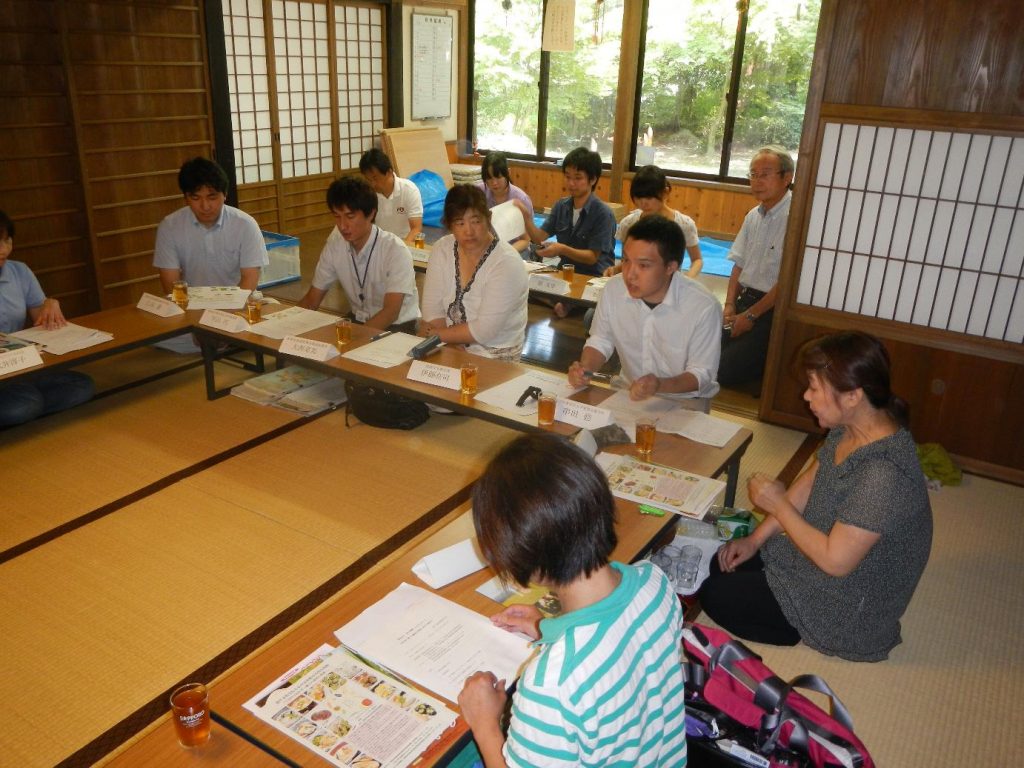Public Health Nutrition

- account_circleOsamu KushidaPhD, Assoc. Prof.
- Website:https://dfns.u-shizuoka-ken.ac.jp/labs/pubnutr/
- Mail:kushida@u-shizuoka-ken.ac.jp
- Phone:+81-54-264-5832
Practice-Based Nutrition Research: Identify factors related to eating habits to contribute public health nutrition activities.
- 1. Potential health implications of regional revitalization in rural areas.
The economic and nutritional conditions of rural areas in Japan are deteriorating due to the aging of the population. We have been studying frequency of eating local vegetables and nutrition status in rural Japan.
- 2. Implementation status of food environment improvement in local governments.
In order to clarify the factors necessary for promoting effective food environment improvement, we are researching the actual status of food environment improvement systems in restaurants and delicatessens in local governments.
- 3. Eating together and food production experience and associated health status
Eating together and experiencing agriculture, forestry, and fishery are listed as goals of shokuiku (food and nutrition education). However, there has been limited research on the effects of eating together and agricultural, forestry, and fishery experiences on health status, so we are examining the relationship between each shokuiku activity and health status.
- Figure 1
- Evidence useful for promoting Shokuiku by Ministry of Agriculture, Forestry and Fisheries

- Figure 2
- Meeting during fieldwork in a rural area.

References
- Nutrients. 12, 2805 (2020)
- Int J Environ Res Public Health. 17, 924 (2020)
- Asia Pac J Clin Nutr. 26, 725–730 (2017)
- J Nutr Educ Behav. 46, 350–358 (2014)
- Jpn J Public Health. 59, 861–870 (2012)